Due to the Easter break, the first update of last week came on Weds.
Wednesday
The collapse in part-time undergraduate study since 2008-9 does not show that people are turning away from taking degrees part-time, a new HEFCE analysis shows. Part-time student fall ‘mainly due to non-degree courses’ (THE)
‘Grade inflation’
A study from HEFCE has found “significant unexplained variation” in students’ likelihood of gaining a first or 2:1 depending on their chosen university.
- A good degree can depend on where you studied (Telegraph)
- 21 universities that are making it easier to get top-class degrees (Mail)
- Universities face claims of awarding inflated degrees (Times)
Scottish referendum
A large number of universities have chosen to quit the CBI employers’ federation in protest at its decision to register as a formal anti-independence campaign for September’s referendum.
- Scottish independence: More members quit CBI (Scotsman)
- Scottish independence: Scottish universities leave CBI (BBC)
Course changes
Institutions making last-minute changes to courses have prompted an inquiry by the competition authorities. Are universities breaking consumer protection laws? (Guardian)
Thursday
Higher education policymakers in the UK should pay much closer attention to Australia’s funding system, which is “often ahead” of England’s, Libby Hackett and Nick Hillman argue today. This is to launch a joint University Alliance and HEPI report, ‘HELP from Down Under? – ‘It’s not only on the cricket pitch that we can learn from Australia’’
- Hepi director: we could learn from Australian funding system (THE)
- Retention-based funding could add up (The Australian)
Student fees
Concerns over current funding system: The trebling of UK university tuition fees has resulted in a “highly uncertain” future for higher education funding and produces just a 5% saving for the taxpayer, research shows. A report, published by IFS, calculated that for every £1 loaned by the government to students to cover fees and maintenance, 43p will not be recouped. The study calculates that each student will be lent an average of just over £40,000, meaning the amount not recovered will be about £17,000 a student.
- Trebling university tuition fees cuts taxpayer costs just 5% (FT –
- University tuition fee rise may not save taxpayers any money, says thinktank (Guardian)
- IFS: rise in student fees ‘will not save taxpayer money’ (Telegraph)
- University tuition fee rise may not save taxpayers any money, says thinktank (Guardian)
- Hated tuition £9,000 tuition fees might not save any money, says report (Independent)
- University tuition-fee change savings ‘uncertain’ (BBC)
Review of university funding: UUK have announced a sector-wide panel of experts is to look at ideas for reforming England’s university funding system. Panel to review student funding model (THE)
Universities role in financing students: Ryan Shorthouse argues that institutions should play a greater role in financing undergraduate students. He says that, “a graduate tax is a solution to a non-existent problem.” Universities, lend a thought to funding (THE)
International
Rising numbers of students are considering taking courses overseas, driven by an increase in tuition fees in the UK and the need for “travel and adventure”, study by the British Council finds. British students ‘being driven overseas by fees hike’ (Telegraph)
Future thinking
Pundits predicting that an “avalanche” of technological and competitive change will sweep away “traditional” higher education are wrong and often have a commercial motive for making such comments, according to UUK. Sector traditions can survive ‘digital avalanche’ (THE)
Equality
Universities should not acquiesce in a system that perpetuates inequality – they must take a stand against it, argues Thomas Docherty. Whose side are we on in this moral contest? (THE)
Friday
Moody’s has predicted that “weaker regional universities in England could struggle for survival in the wake of a brutal US-style beauty contest for students and their tuition fees”. The report’s forecasts suggest the changes in funding and removal of the cap are likely to affect universities in England through “the imposition of market-driven strategies” in the same way as their peers in the US and Canada. Moody’s predicts gloomy future for weaker universities throughout UK (Guardian)
Tuition fees
In a blog for the Telegraph, Jenny McCartney argues that the current problems with the RAB “could easily have been predicted – event by the class dunce”. In their efforts to make tuition fees fairer, the Coalition has created a financial mess (Telegraph).


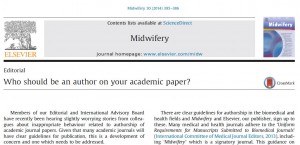


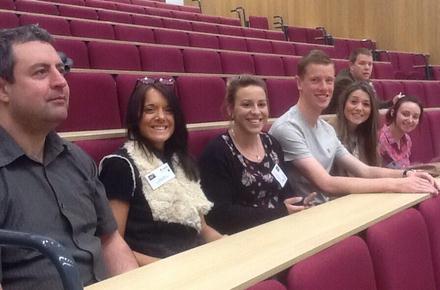
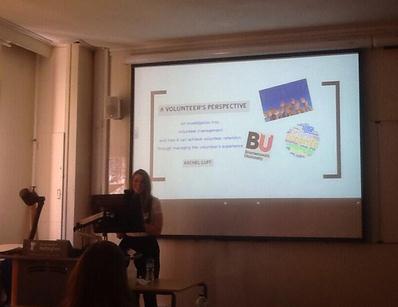

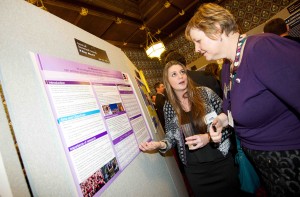
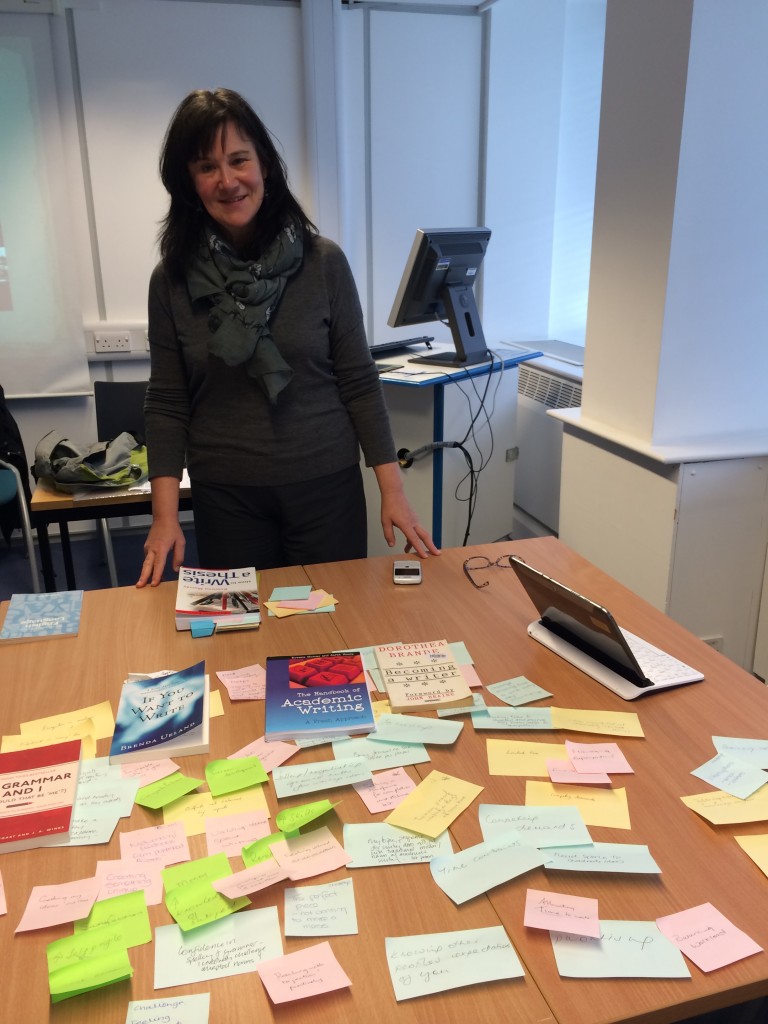





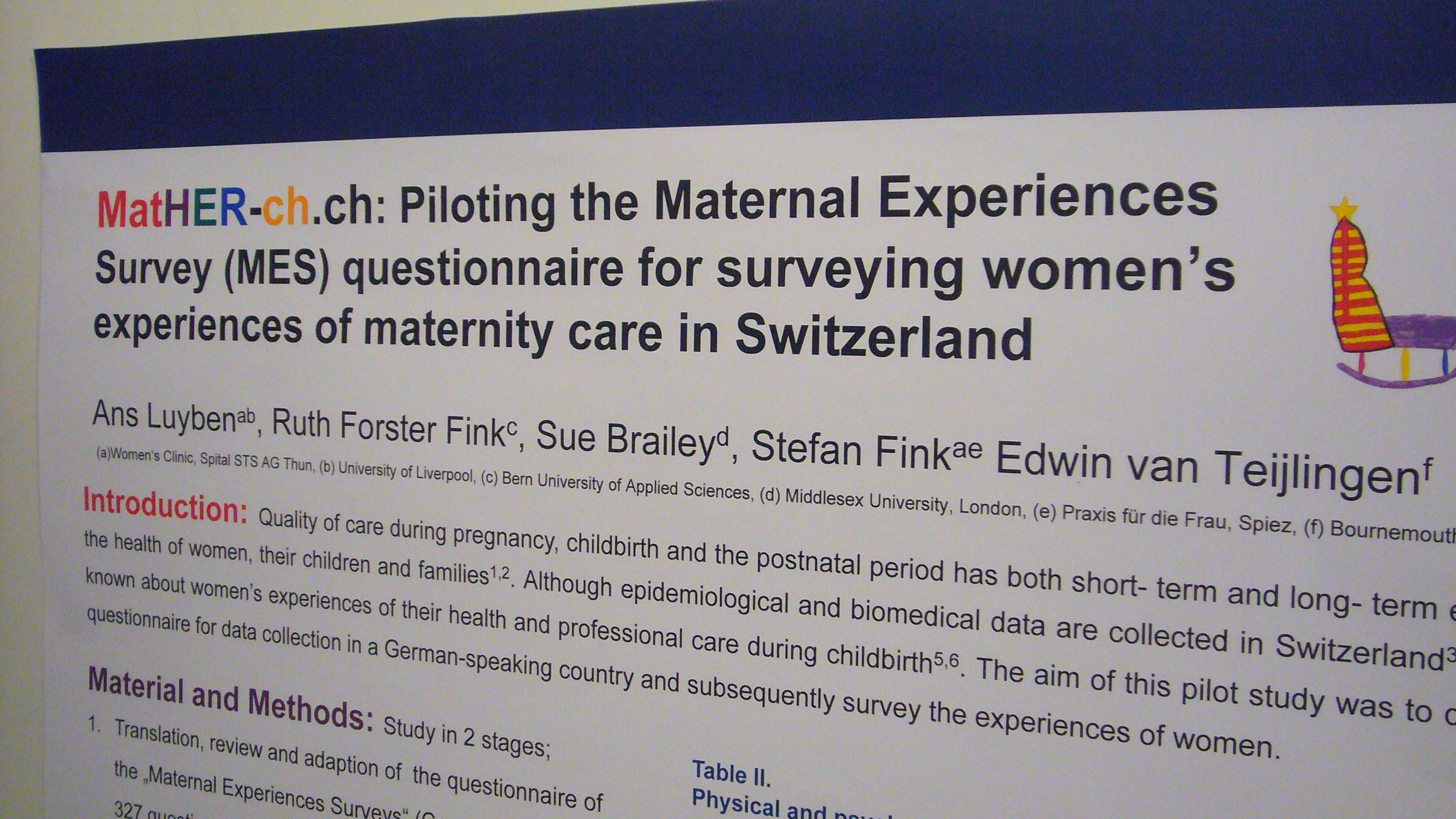
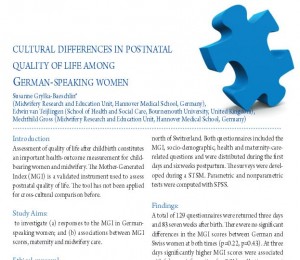

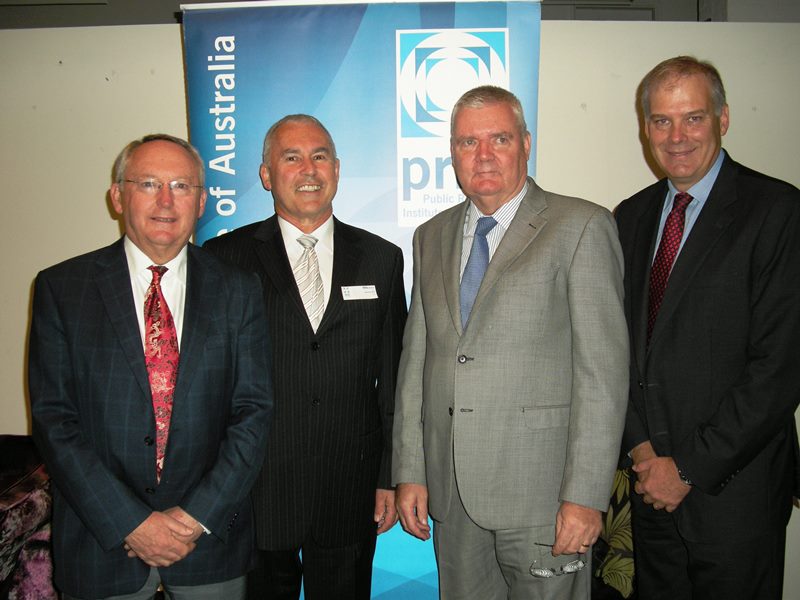











 Free event on Solutions to Inequalities in Dementia Diagnosis and Care
Free event on Solutions to Inequalities in Dementia Diagnosis and Care BU attendance at third annual GCPHR meeting in June
BU attendance at third annual GCPHR meeting in June Interactive Tangible and Intangible Heritage Applications – BU student work featured in new book chapter
Interactive Tangible and Intangible Heritage Applications – BU student work featured in new book chapter Second NIHR MIHERC meeting in Bournemouth this week
Second NIHR MIHERC meeting in Bournemouth this week MSCA Postdoctoral Fellowships 2025 Call
MSCA Postdoctoral Fellowships 2025 Call ERC Advanced Grant 2025 Webinar
ERC Advanced Grant 2025 Webinar Horizon Europe Work Programme 2025 Published
Horizon Europe Work Programme 2025 Published Horizon Europe 2025 Work Programme pre-Published
Horizon Europe 2025 Work Programme pre-Published Update on UKRO services
Update on UKRO services European research project exploring use of ‘virtual twins’ to better manage metabolic associated fatty liver disease
European research project exploring use of ‘virtual twins’ to better manage metabolic associated fatty liver disease